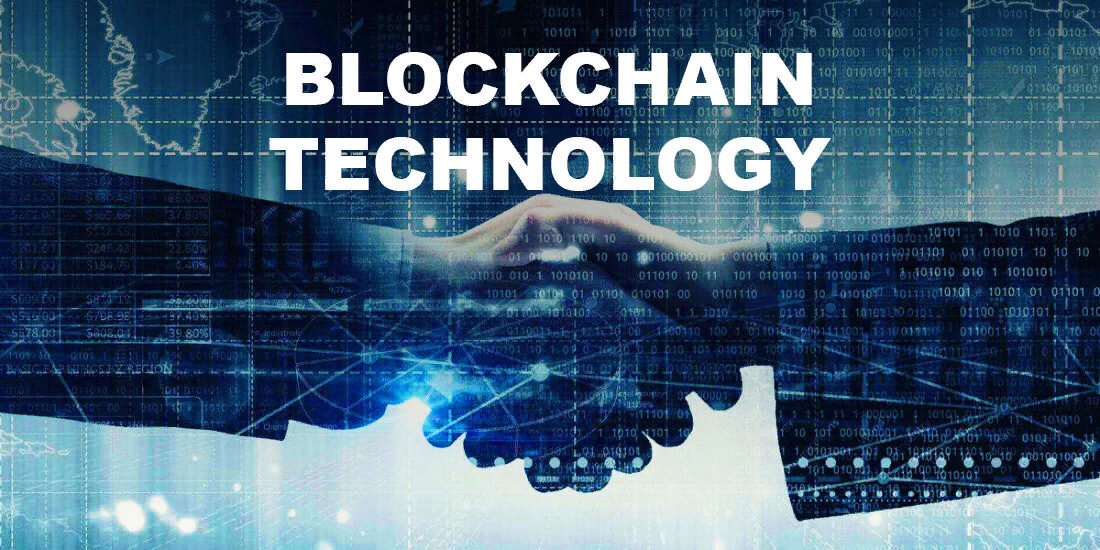Introduction
As the world grapples with pressing global challenges such as poverty, inequality, climate change, and corruption, innovative technologies are emerging as potential solutions. One such technology is blockchain, a decentralized, distributed ledger technology that has the power to address these issues responsibly and effectively. By leveraging blockchain’s intrinsic properties—decentralization, transparency, immutability, and smart contracts—various sectors can initiate transformative changes to create a better world. This article explores the constructive role of blockchain in addressing these global challenges and presents real-life scenarios and applications.
Blockchain Technology
Blockchain is a groundbreaking technology that creates a shared, decentralized record of data. It enables several parties to reach a consensus on data without the need for a central authority. While many know blockchain because of cryptocurrencies like Bitcoin, its uses go far beyond finance. Blockchain helps secure transactions in areas like supply chains, healthcare, and governance by promoting transparency, trust, and resistance to tampering.
Key features of blockchain include:
- Decentralization: Blockchain operates without depending on a central authority, unlike traditional systems. This makes it more reliable and less likely to fail.
- Transparency: All transactions are publicly recorded, which helps prevent fraud and ensures everyone has the same information.
- Immutability: Once data is recorded, it can’t be easily changed, ensuring the integrity of the information.
- Smart Contracts: These allow transactions to be executed automatically and securely, without the need for middlemen, making processes faster and cheaper.
With these strengths, blockchain has the potential to solve many global challenges.
See Also: The Role of Blockchain in Building Trust in Digital Economies
Blockchain’s Role in Addressing Poverty
Poverty is a major global issue, but blockchain technology offers innovative solutions to help fight it. One of the most important ways blockchain can help is by promoting financial inclusion. Around 1.7 billion people globally don’t have access to banking services. Blockchain allows them to use decentralized finance (DeFi) platforms, which makes it easier for them to save money, make transactions, and access credit without needing traditional banks. Services like BitPesa use blockchain to facilitate cross-border payments, helping people in underserved areas.
Blockchain also helps with aid distribution. Current aid systems often suffer from corruption and mismanagement, meaning that assistance doesn’t always reach those who need it. With blockchain, aid distribution can be tracked from donor to recipient, ensuring that funds are used properly. For example, the World Food Program’s Building Blocks project uses blockchain to send cash transfers to refugees, making the process more transparent and efficient.
In addition, blockchain can improve microlending. By using smart contracts, blockchain allows small business owners in low-income areas to borrow money with fewer fees and interest charges. Platforms like Kiva use blockchain to connect lenders and borrowers, helping entrepreneurs get the funds they need to grow their businesses. This approach can help boost local economies and create long-term solutions to poverty.
Combating Inequality with Blockchain
Inequality, whether social or economic, is a major barrier to sustainable development. Blockchain technology offers solutions that can help reduce these gaps and promote fairness.
One key area is access to education. Blockchain can help by connecting students with educational institutions and providing transparent funding and credential verification. For example, ODEM uses blockchain to ensure educational opportunities are open to everyone, regardless of their background.
Blockchain can also change the labor market. It enables the creation of decentralized job platforms where workers can find fair opportunities without relying on intermediaries. Projects like Catalyst, built on Ethereum, allow gig workers to collaborate directly and get paid fairly, helping marginalized groups access work.
Additionally, blockchain helps with data control. It gives individuals ownership of their personal information, improving trust and reducing inequalities. For example, blockchain-based healthcare systems allow patients to manage their medical records, ensuring their privacy and better access to health services. These uses of blockchain help tackle inequality and promote fairness.
Conclusion:
In conclusion, blockchain technology offers powerful solutions for addressing some of the most pressing global challenges, including poverty and inequality. Through its decentralized, transparent, and immutable nature, blockchain fosters innovative approaches that empower individuals and communities, promoting inclusive economic growth and sustainable development. By harnessing the potential of blockchain, we can take meaningful strides towards creating a more equitable and just world.
FAQs about Blockchain for Good
1. How does blockchain help in combating poverty?
Blockchain addresses poverty by promoting financial inclusion, enabling unbanked individuals to access financial services through decentralized finance platforms. It also enhances aid distribution by tracking resources effectively, ensuring that funds reach intended beneficiaries. Additionally, smart contracts facilitate microlending opportunities, empowering entrepreneurs in low-income regions.
2. Can blockchain improve transparency in aid distribution?
Yes, blockchain enhances transparency in aid distribution by providing a public ledger that tracks funds from donor organizations to beneficiaries. Initiatives like the World Food Programme’s Building Blocks project illustrate how blockchain can reduce fraud and ensure accountability in the use of aid funds.
3. How can blockchain promote educational equity?
Blockchain can promote educational equity by connecting students and institutions transparently, providing access to funding and credential verification. Platforms like ODEM use blockchain to ensure that educational resources are accessible regardless of socio-economic status.
4. What role does blockchain play in creating job opportunities?
Blockchain enables the creation of decentralized job platforms that connect gig workers with employment opportunities without intermediaries, ensuring fair compensation and fostering inclusivity. Such platforms empower individuals from diverse backgrounds to participate in the labor market.
5. How does blockchain support data sovereignty?
Blockchain technology allows individuals to retain ownership and control over their personal data, enabling greater privacy and security. In healthcare, for instance, patients can manage their medical records on a blockchain, ensuring that they have control over their sensitive information while improving overall healthcare delivery.





